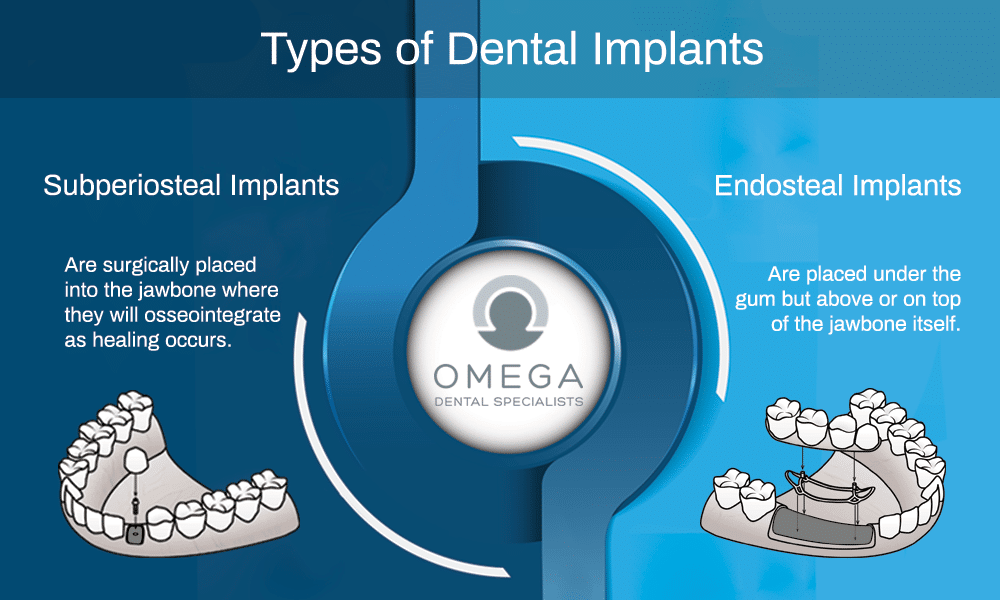Some Ideas on Dental Sense You Need To Know
Some Ideas on Dental Sense You Need To Know
Blog Article
Dental Sense Fundamentals Explained
Table of ContentsAbout Dental SenseThe Definitive Guide for Dental SenseSome Ideas on Dental Sense You Should KnowUnknown Facts About Dental Sense
are clinical tools operatively dental implanted right into the jaw to bring back an individual's ability to chew or their look. They offer assistance for synthetic (phony) teeth, such as crowns, bridges, or dentures. When a tooth is lost because of injury or condition, a person can experience problems such as fast bone loss, malfunctioning speech, or adjustments to eating patterns that cause discomfort.Dental implant systems contain a dental implant body and dental implant joint and might likewise consist of a joint addiction screw. Root canal procedure. The oral implant body is operatively placed in the jawbone in location of the tooth's root. The oral implant abutment is usually affixed to the dental implant body by the joint fixation screw and extends with periodontals into the mouth to sustain the attached fabricated teeth
(https://www.callupcontact.com/b/businessprofile/Dental_Sense/9469240)Framework of The Dental Implant System choosing dental implants, talk to your dental provider about the prospective advantages and risks, and whether you are a prospect for the treatment. Points to take into consideration: Your overall health is a vital consider determining whether you are a great candidate for dental implants, how much time it will certainly require to heal, and for how long the dental implant may remain in area.
Smoking cigarettes might impact the recovery process and lower the long-lasting success of the implant. The recovery process for the dental implant body might take several months or longer, throughout which time you typically have a short-term joint in area of the tooth. the oral implant procedure: Carefully follow the oral hygiene directions provided to you by your oral copyright.
About Dental Sense
Implant failure can cause the need for another operation to repair or replace the dental implant system. Brings back the capacity to chew Brings back cosmetic appearance Aids keep the jawbone from shrinking as a result of bone loss Maintains the health and wellness of the bordering bone and gums Aids maintain adjacent (close-by) teeth stable Enhances top quality of life Damage to surrounding natural teeth during implant placement Injury to the surrounding cells during surgical procedure, such as sinus perforation Injury during surgical procedure (for instance, fracture of bordering jawbone) Inadequate function, such as feeling like the teeth do not bite with each other generally A sensation that the tooth is loose or turning in location arising from a joint screw loosening up Implant body failing (looseness of the implant body) because of systemic infection, which might be extra likely in people with unchecked diabetics issues due to neighborhood infection in bone and gums sustaining the dental implant body as a result of postponed recovery, which might be more probable in people that smoke Problem cleaning up the periodontals around the dental implant, causing bad dental health Neglected gum condition Post-surgical feeling numb because of nerve impingement or damage Always inform health and wellness treatment providers and imaging professionals that you have oral implants prior to any type of magnetic resonance imaging (MRI) or x-ray procedures.
FDA is not knowledgeable about find this any kind of negative events reported for MRI or x-ray procedures with oral implants. Oral implants systems are commonly made of materials that adhere to global consensus requirements of the International Organization for Standardization (ISO) or ASTM International. These requirements have details of what makes a safe material.

A dental implant is a framework that replaces a missing out on tooth. With screw-like gadgets, the cosmetic surgeon inserts an implant into the jawbone, and it acts as an anchor for a man-made tooth, called a crown. A device called a joint connects the artificial tooth to the oral implant. The crown is personalized to fit the individual's mouth and match the color of their teeth.
Rumored Buzz on Dental Sense
Some individuals are not qualified for oral implant surgery. It is for oral cosmetic surgeons to run on people with: severe illnessuncontrollable metabolic diseasebone or soft cells condition or infectionIf these concerns are dealt with, a person can have the surgery. In, dental surgeons refrain from operating on individuals with: If individuals with any of the above undergo dental implant surgery, there is a greater risk of the implant falling short.

Oral implant surgery is a customized procedure. It's not the same for every person. Yet the following offers a basic review of what you can expect your dentist, dental doctor, periodontist or prosthodontist to do: Put the dental implant surgically. Provide you time to recover. Affix the message and last crown, bridge or denture.
Next off, your cosmetic surgeon will carefully position the dental implant right into your jaw. Ultimately, your cosmetic surgeon will certainly reposition your periodontals and close the incision with stitches. If your implant is near the front of your mouth, your dental practitioner will make a short-lived tooth for you to use till you recover. In this way, you will not have a void in your smile while you recoup.
The Facts About Dental Sense Uncovered
Your copyright can inform you what to anticipate in your scenario. During the healing phase, your jawbone must fuse to the oral implant. This procedure, called osseointegration, is critical for stability and lasting success. This procedure can take anywhere from 3 to nine months. Sometimes, it may take longer.
When your dental implant heals, your dentist can affix the abutment (small connector article) and your last repair (crown, bridge or denture). This normally takes about one hour to complete and may require a 2nd small surgical procedure. You shouldn't feel any kind of discomfort during your dental implant procedure because your supplier will utilize drug to numb your gum tissues.
Report this page